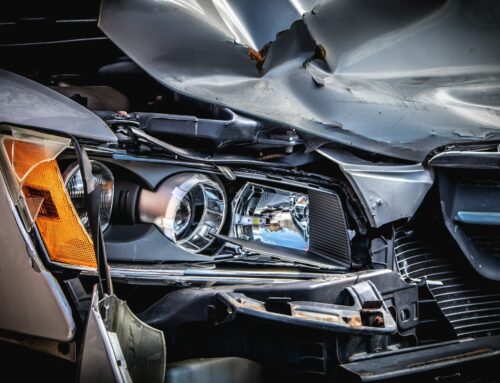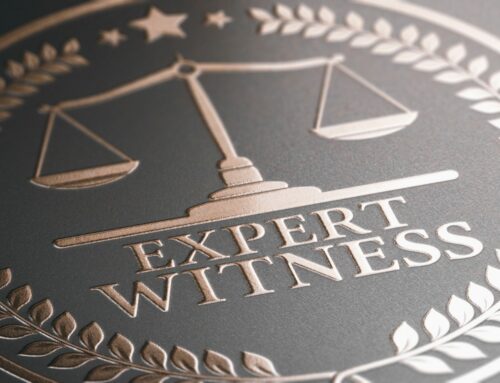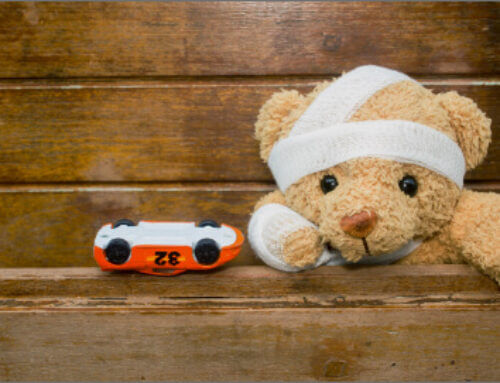Dog bites can be a traumatic experience, leading to severe injuries and emotional distress. In Ireland, the frequency of such incidents has been rising, prompting a need for comprehensive legal guidance for victims experiencing this personal injury. This blog aims to provide essential legal advice, outline the steps to take following a dog attack, and offer insights into the claims process and preventive measures. By understanding the legal framework and your rights, you can navigate the complexities of dog bite injury claims more effectively.
Dog Bite Statistics in Ireland 2024: Trends and Insights
Dog bite incidents in Ireland have seen a significant increase over the past decade. According to a recent paper on trends in in-hospital admissions due to dog bites in Ireland, there were 3,158 emergency in-patient hospitalizations due to dog bites from 2012 to 2021. The incidence rate grew from 5.6 per 100,000 population in 2012 to 8.7 in 2021, with children (0-14 years) being the most affected group. These statistics highlight the growing public health concern and underscore the need for effective legal and preventive measures to address this issue.
Steps to Take After a Dog Bite
Immediate and appropriate actions following a dog bite can significantly impact the outcome of any legal claims and the victim’s recovery. Here are the crucial steps to follow:
- Seek Immediate Medical Attention: Regardless of the severity of the bite, it is essential to get medical help. Dog bites can lead to serious infections and other health complications. Ensure that wounds are properly cleaned and treated, and receive necessary vaccinations such as tetanus.
- Report the Incident: Contact the Gardai to report the bite. This step is vital for legal documentation and helps create an official record of the incident, which can be critical in supporting your claim.
- Document the Incident: Gather as much evidence as possible. Take photographs of the injuries, the location of the incident, and the dog if it is safe to do so. Obtain contact details of any witnesses and record their statements if possible. Learn more about understanding the role of expert witnesses in personal injury cases. This documentation will be invaluable when filing a claim.
- Identify the Dog and Owner: Try to identify the dog and its owner. This information is necessary for legal proceedings and to hold the responsible party accountable. If the dog is a stray, inform animal control authorities.
- Preserve Medical Records: Keep all medical records and receipts related to the treatment of the bite, including psychological treatments. These documents are essential for proving the extent of the injury and the associated costs during the claims process.
Dog Bite Laws in Ireland: Know your Rights
The legal landscape for dog bites in Ireland is governed by the Control of Dogs Act 1986. Under this Act, dog owners are strictly liable for any injuries caused by their dogs, regardless of prior behaviour or negligence. This means that if a dog bites someone, the owner is responsible for the damages. Additionally, certain breeds, such as the American Pit Bull Terrier and Staffordshire Bull Terrier, must be muzzled and leashed in public. This breed-specific legislation aims to mitigate risks associated with potentially dangerous dogs and ensure public safety.
The rising trend in dog bite incidents suggests that current enforcement and legislative measures may need further enhancement. For victims, understanding these legal provisions is crucial for seeking appropriate redress and compensation.
How to File a Dog Bite Injury Claim
Filing a dog bite injury claim in Ireland involves several steps and requires thorough preparation. Understanding the process can help ensure that your claim is handled efficiently and effectively.
- Consult a Solicitor: Engage a solicitor who specialises in personal injury and dog bite claims. An experienced solicitor can provide valuable guidance, assess the strength of your case, and help you navigate the legal complexities.
- Establish Liability: Proving that the dog owner is liable for the injuries is crucial. Under the Control of Dogs Act 1986, owners are generally held strictly liable. However, evidence such as witness statements, medical records, and photographs will support your claim.
- Calculate Compensation: The compensation can cover various damages, including medical expenses, lost wages, pain and suffering, and any long-term impacts of the injury. Your solicitor will help you determine a fair amount based on the specifics of your case.
- File the Claim: Your solicitor will assist in filing the claim with the appropriate court. This involves submitting all relevant documentation and evidence to support your case. Ensure that the claim is filed within the statute of limitations, which is typically two years from the date of the incident or the date you became aware of the injury.
- Negotiate a Settlement: Often, claims are settled out of court. Your solicitor will negotiate with the dog owner’s insurance company or legal representative to reach a fair settlement. If a settlement cannot be reached, the case may proceed to court for a judge to decide.
Preventing Dog Bites: Tips for Responsible Dog Ownership
Preventing dog bites is a shared responsibility that involves both dog owners and the general public. Here are some essential tips to reduce the risk of dog bites and promote safer interactions between dogs and people.
- Educate and Train: Dog owners should invest in proper training and socialisation for their pets. Enrol dogs in obedience classes and expose them to various environments, people, and other animals to reduce fear and aggression.
- Understand Dog Behaviour: Especially for child safety with dogs, learn to recognise signs of stress or aggression in dogs, such as growling, baring teeth, or stiff body posture. Educating yourself and your family about these signs can prevent potential bites.
- Supervise Interactions: Always supervise children when they are interacting with dogs, even if the dog is familiar. Teach children not to disturb dogs while they are eating, sleeping, or caring for puppies.
- Leash and Muzzle Laws: Adhere to local leash and muzzle laws, especially for breeds that are deemed dangerous. Keeping dogs restrained in public places reduces the risk of unexpected bites.
- Responsible Ownership: Ensure that your dog is healthy and vaccinated. Address any behavioural issues with the help of a professional trainer or veterinarian. Responsible ownership includes not allowing your dog to roam freely and ensuring they are secure within your property.
- Public Awareness Campaigns: Support and participate in public awareness campaigns that promote responsible dog ownership and educate the community about preventing dog bites.
Final Thoughts
Understanding the legal landscape surrounding dog bites in Ireland is essential for both victims and dog owners. By following the proper steps after a dog bite, seeking legal advice, and implementing preventive measures, individuals can navigate these incidents more effectively. Dog owners can contribute to public safety by being responsible and proactive in their dog’s training and behaviour.
If you or someone you know has been affected by a dog bite, it is crucial to seek expert legal advice to understand your rights and options. McElhinney & Associates Solicitors are committed to supporting victims through these challenging times with compassion and professionalism. Tell us more about your personal injury case for legal guidance and to ensure you receive the compensation you deserve.
Disclaimer
*In contentious business a Solicitor may not calculate fees or other charges as a percentage or proportion of any award or settlement.
**This information is for guidance purposes only. It does not constitute legal or professional advice. Professional or legal advice should be obtained before taking or refraining from any action as a result of the contents of this publication. No liability is accepted by McElhinney & Associates for any action taken in reliance on the information contained herein. Any and all information is subject to change.
About the Author
Jolene McElhinney, BBLS, Principal Solicitor
Jolene McElhinney is the founding principal of McElhinney & Associates, renowned for her expertise in employment law and personal injury claims across the North West of Ireland. With a distinguished academic background and over a decade of experience, Jolene is dedicated to providing personalised, expert support to her clients, ensuring they navigate the complexities of the legal landscape with confidence and clarity.













